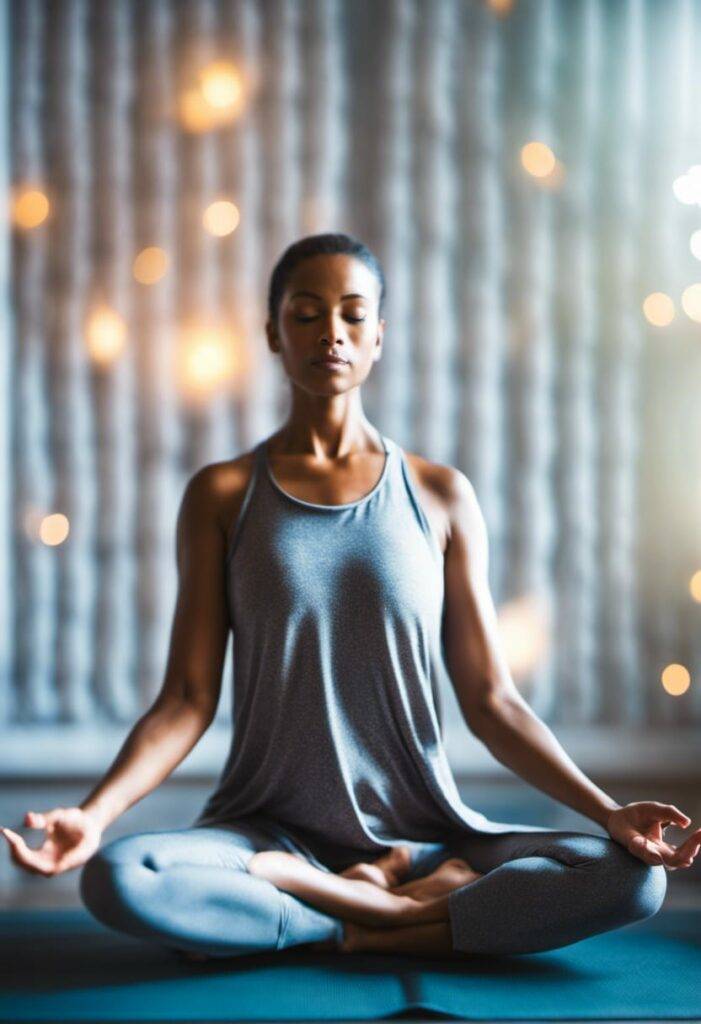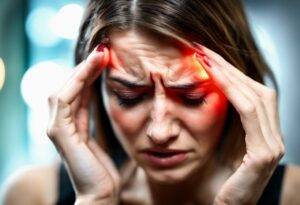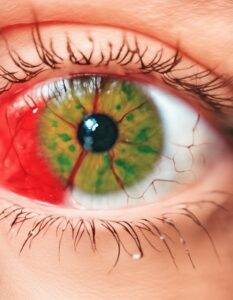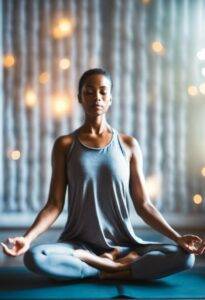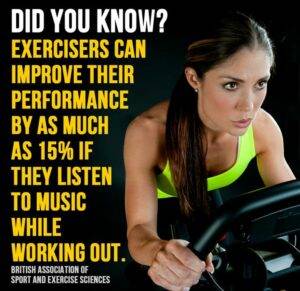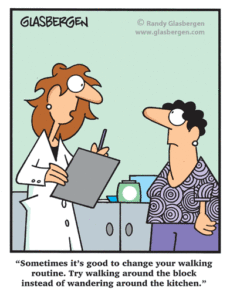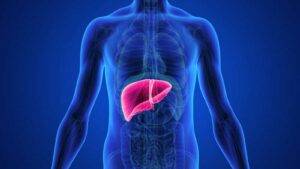In today’s fast-paced world, finding moments of tranquility and relaxation can seem like a distant dream. However, numerous organizations and professionals advocate for the integration of relaxation practices into our daily lives as a means to enhance overall health and well-being. In this blog post, we will explore the recommendations provided by leading healthcare experts, medical associations, psychological organizations, fitness communities, and wellness influencers. By examining their endorsed relaxation techniques, we aim to empower readers to prioritize relaxation while emphasizing the importance of seeking professional advice when needed.
Just a little heads up: some of the links on this site may be affiliate links, which means if you make a purchase through them, we might get a little kickback. But don’t worry, it won’t cost you a cent extra! Think of it as the universe secretly thanking us for helping you find a great deal. Your support keeps the good vibes flowing.
1. American Psychological Association (APA):
The APA stresses the importance of relaxation techniques in managing stress and anxiety. Their recommended techniques include deep breathing exercises, progressive muscle relaxation, and guided imagery. These practices help calm the mind and reduce physical tension, promoting a sense of tranquility and peace. [Source: https://www.apa.org/topics/stress-relief]
2. Mayo Clinic:
As one of the most renowned medical institutions, the Mayo Clinic endorses mindfulness meditation. By focusing the mind on the present moment, mindfulness meditation enhances self-awareness and reduces stress. Its associated health benefits include improved sleep, decreased blood pressure, and enhanced emotional well-being. [Source: https://www.mayoclinic.org/healthy-lifestyle/consumer-health/in-depth/mindfulness-exercises/art-20046356]
3. American Heart Association (AHA):
The AHA recommends incorporating relaxation techniques, such as yoga and tai chi, into daily routines to improve cardiovascular health. These practices combine gentle movements, deep breathing, and meditation to reduce stress, lower blood pressure, and boost overall physical fitness. [Source: https://www.heart.org/en/healthy-living/healthy-lifestyle/stress-management/3-yoga-poses-for-high-blood-pressure]
4. National Sleep Foundation (NSF):
Promoting relaxation as a key component of quality sleep, the NSF suggests creating a bedtime routine that includes activities such as reading, taking a warm bath, or listening to soothing music. By preparing the mind and body for sleep, these activities help promote a more restful night’s rest and improve overall sleep quality. [Source: https://www.sleepfoundation.org/bedtime-routine]
5. American Holistic Health Association (AHHA):
With a holistic approach to well-being, AHHA advocates for various relaxation practices, including aromatherapy, massage therapy, and acupuncture. These techniques are believed to stimulate the body’s natural healing processes, reduce stress, and promote overall balance and wellness. [Source: https://ahha.org/selfhelp-articles/relaxation-techniques/]
6. National Center for Complementary and Integrative Health (NCCIH):
The NCCIH recommends progressive muscle relaxation, a technique involving the sequential tensing and relaxing of muscle groups. This practice not only helps individuals become more attuned to their bodily sensations but also aids in reducing muscle tension, anxiety, and promoting relaxation. [Source: https://www.nccih.nih.gov/health/stress-relaxation-and-natural-remedies-exercise-mindfulness-dance-and-more]
7. Harvard Health Publishing:
Promoting relaxation as a means to relieve chronic pain, Harvard Health Publishing endorses techniques such as deep breathing, visualization, and mindfulness-based stress reduction. These practices have scientifically proven benefits, reducing pain intensity and improving quality of life. [Source: https://www.health.harvard.edu/mind-and-mood/relaxation-techniques-breath-control-helps-quell-errant-stress-response]
8. Yoga International:
Yoga International advocates for various yoga poses, including child’s pose, legs-up-the-wall pose, and Savasana. These postures encourage deep relaxation, relieve stress, and promote mental clarity and focus. Incorporating yoga into your routine can improve overall physical and mental well-being. [Source: https://yogainternational.com/article/view/3-restorative-poses-to-relax-and-rejuvenate]
9. World Health Organization (WHO):
Recognizing the importance of relaxation in promoting mental health, the WHO suggests engaging in activities that bring joy and promote social connection. This may involve spending time with loved ones, pursuing hobbies, or simply taking breaks from work or digital devices. Such practices can enhance overall happiness and resilience. [Source: https://www.who.int/mental_health/mhgap/policy/en/]
10. HeadSpace:
As a prominent wellness influencer, HeadSpace introduces mindfulness meditation through its mobile application. With guided meditation sessions, Headspace helps individuals cultivate a mindful approach to daily life, reduce stress, and improve focus and productivity. [Source: https://www.headspace.com/meditation-101/what-is-meditation]
While I do cite reputable sources, I am not a medical professional. Please use professional medical advice when making any health-related decisions.
Conclusion:
The advocacy of various organizations and professionals emphasizes the transformative power of relaxation techniques on our overall health and well-being. By implementing these evidence-based practices in our lives, we can effectively manage stress, reduce anxiety, improve sleep quality, and enhance our physical and mental resilience. Embracing relaxation and seeking professional guidance when required enable us to lead healthier, more fulfilling lives.
Sources:
https://www.apa.org/topics/stress-relief
https://www.mayoclinic.org/healthy-lifestyle/consumer-health/in-depth/mindfulness-exercises/art-20046356
https://www.heart.org/en/healthy-living/healthy-lifestyle/stress-management/3-yoga-poses-for-high-blood-pressure
https://www.sleepfoundation.org/bedtime-routine
https://ahha.org/selfhelp-articles/relaxation-techniques/
https://www.nccih.nih.gov/health/stress-relaxation-and-natural-remedies-exercise-mindfulness-dance-and-more
https://www.health.harvard.edu/mind-and-mood/relaxation-techniques-breath-control-helps-quell-errant-stress-response
https://yogainternational.com/article/view/3-restorative-poses-to-relax-and-rejuvenate
https://www.who.int/mental_health/mhgap/policy/en/
https://www.headspace.com/meditation-101/what-is-meditation
The Power of Relaxation: Boost Your Health and Well-being
relaxation techniques, stress management, mental health, mindfulness meditation, yoga, sleep quality, holistic health, mental resilience, pain management, healthy lifestyle, well-being, stress relief, American Psychological Association, Mayo Clinic, American Heart Association, National Sleep Foundation, American Holistic Health Association, National Center for Complementary and Integrative Health, Harvard Health Publishing, Yoga International, World Health Organization, Headspace

Just a little heads up: some of the links on this site may be affiliate links, which means if you make a purchase through them, we might get a little kickback. But don’t worry, it won’t cost you a cent extra! Think of it as the universe secretly thanking us for helping you find a great deal. Your support keeps the good vibes flowing.
